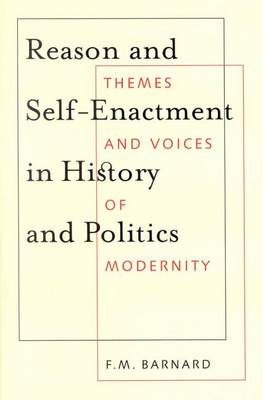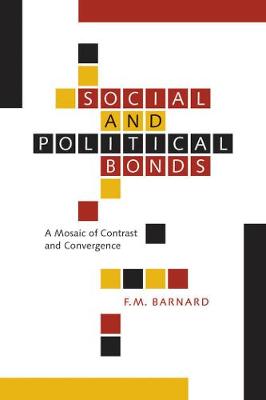McGill-Queen's Studies in the Hist of Id
3 total works
A reappraisal of the role of historical understanding, political commitment, ideology, and revolutionary consciousness in modernity.
The core of J.G. Herder's philosophy of nationalism lies in the conviction that human creativity must be embedded in the particular culture of a communal language. While he acknowledged that this cultural particular must be integrated into a more universal humanity, he insisted that each culture should preserve its incommensurable distinctiveness. He also called for a new method of enquiry regarding history, one that demands empathetic sensitivity toward the uniquely individual while realizing that there are few gains without losses. F.M. Barnard demonstrates that Herder, despite his innovative work on the idea of nationality, was fully aware of the dangers of ethnic fanaticism, but also of the hazards of what is now know as globalization, recognizing that these must be tempered by a sense of universal humanity.Barnard shows that Herder anticipated modern theories of the dynamics of cultures and traditions through the problematic interplay of persistence and change and that his speculations on cultural and political pluralism, on language as a democratic bond, and on the possible fusion of communitarian and liberal dimensions of public life remain relevant to contemporary debates.
Warning specifically against official moralistic rhetoric, the ignoring of civic demands, and hidden acts of power by anonymous governmental bureaucracies and lobbyists, F.M. Barnard uses an approach that blurs the boundaries of specialized fields of study in order to recognize the degree to which individual choice influences political force. He also shows how any attempt to achieve a balance between the state and society requires a developed political judgement and a measured view of what can be politically attained and demanded. A masterfully clear work that synthesizes centuries of political theory, Social and Political Bonds makes a powerful and well-reasoned case for the benefits of civic involvement and governmental cooperation.


